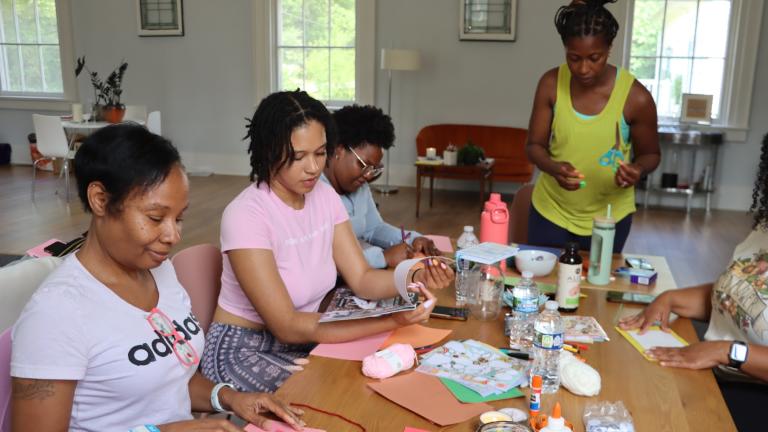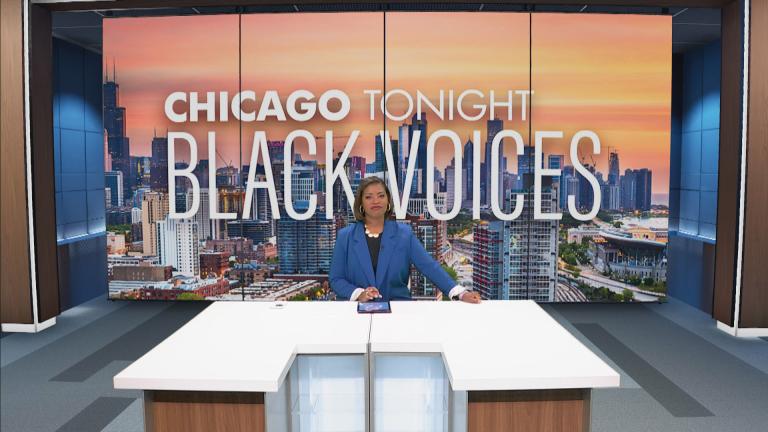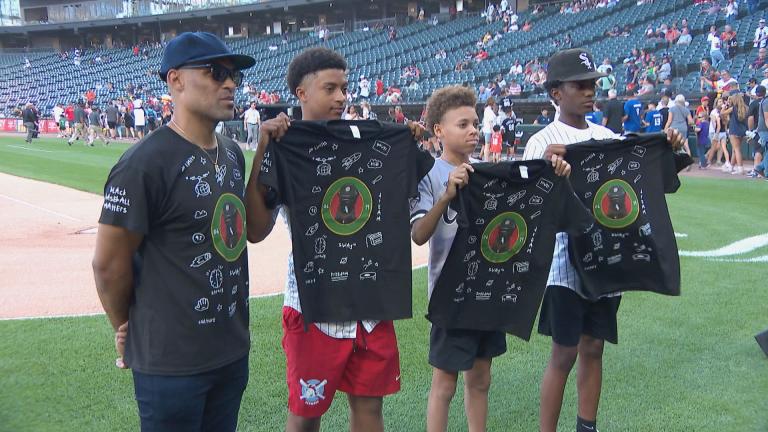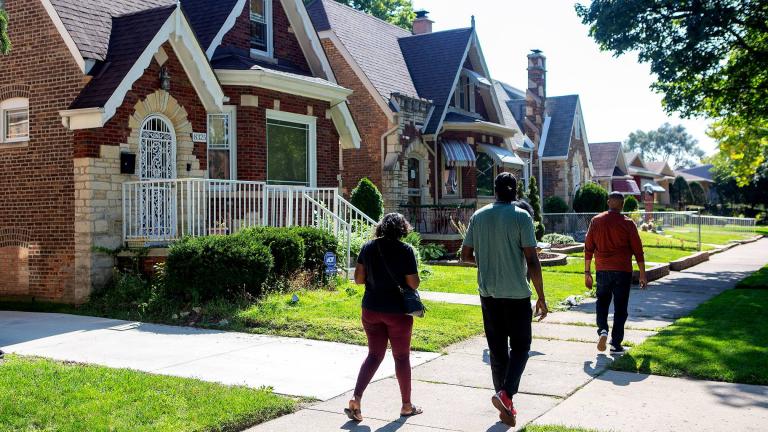Research shows Black homeowners are at risk of losing out on the value of their homes due to discrimination in appraisals in Chicago.
A 2015 study found that homes in predominantly white neighborhoods were valued more than three times higher than those in Black and Latino neighborhoods, even after controlling for amenities and household income.
Across the country, Black homeowners report their homes are appraised at a higher value only after owners removed all evidence of being Black — family photos, for instance.
Now there is a growing push to pass federal legislation to protect Black home homeowners from appraisal discrimination. U.S. Rep. Bobby Rush (IL-1st) is cosponsoring a bill that would establish a task force to address this issue, the Real Estate Valuation Fairness and Improvement Act (HB2533). Representative Rush also sent a letter to the Government Accountability Office requesting a study on the issue of racial bias in housing appraisals this year.
Rush says he was a victim of appraisal bias himself earlier this year, when a white appraiser turned in a valuation on his Bronzeville home more than $250,000 less than Rush expected.
Lutalo McGee heads up a chair of the discriminatory task force with Illinois Realtors. He says the task force’s first goal is simply to make more realtors and homeowners aware of the issue.
“We as realtors really just have to be familiar with the appraisal process, how to work with appraisers, how to counsel our clients in cases where we feel like appraisals have been done unfairly and … be able to provide resources to our clients and challenge bad prices when they come along,” said McGee. “We’re here to educate and empower our clients. Both buyers and sellers.”
And the organization is hoping that HB2533 passes to continue the work of addressing inequities in home valuation as well as increasing the number of Black appraisers.
“Our second mission … is to make sure that our realtors and our members understand how the appraisal process should go and are able to navigate that process successfully. And then ultimately, we hope to influence changes with the regulatory framework and policies that govern appraisals and how appraisals are done to make sure that things are unbiased and fair for all parties.”
Junia Howell, visiting assistant professor of sociology at the University of Illinois Chicago, says the wide disparities have been more than a century in the making, part of the legacy of decades of discrimination in housing policy.
Howell’s work examines the legacy of redlining in national and local trends.
“What we colloquially call redlining — or the process in which we literally went through the government, went through and graded neighborhoods and gave those that were white and more affluent higher values — is still present today because of the ways in which we use sales comparison approaches that pull on these historical sales as well as various levels of bias that are built into the systemic element and individual appraisers decisions,” Howell said.
Howell says the practice is nothing new, and the effects are ongoing.
“Those effects are racial wealth inequality, health implications, environmental implications. They are pervasive because how we value property affects how taxes work, affect schools, affects all these different components,” Howell said. “And I want to emphasize that while all the individual biases are definitely part of the story and we desperately need more diversity in this field, we also need to be willing to seriously rethink about how the larger structure in the system …is built because those deeper issues are also kind of stripped with this racial inequality and this perpetuation of inequity that we’ve continued for the last almost century.”
Real estate appraisal trainee Marcus Knight is relatively new to the industry – he began his work just eight months ago. As a Black man, he’s a rarity in the profession – fewer than 2% of appraisers nationwide are Black, according to the Appraisal Institute. The former nonprofit director says he was motivated to become an appraiser when he realized the power real estate valuation can wield in underserved communities. Knight calls the appraisal process a blend of art and science.
From Knight’s perspective, the race of the appraiser is less critical than a deep understanding of the neighborhoods they’re assessing.
“You need local market experts, and the biggest thing is that you don’t have a lot of Black and brown appraisers,” Knight said. “And so, you know, if you were able to get more Black and brown people into the field who are familiar with these areas … more due diligence will be done to find better fitting [comparables] for subject properties which will lead to … a fairer evaluation of properties.”








